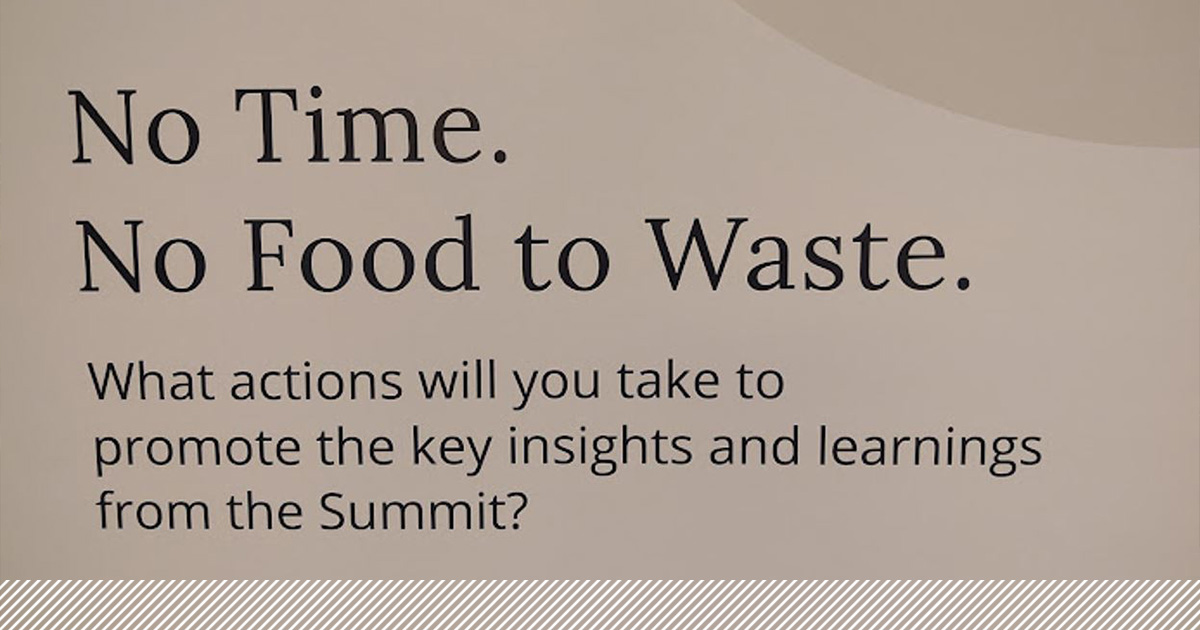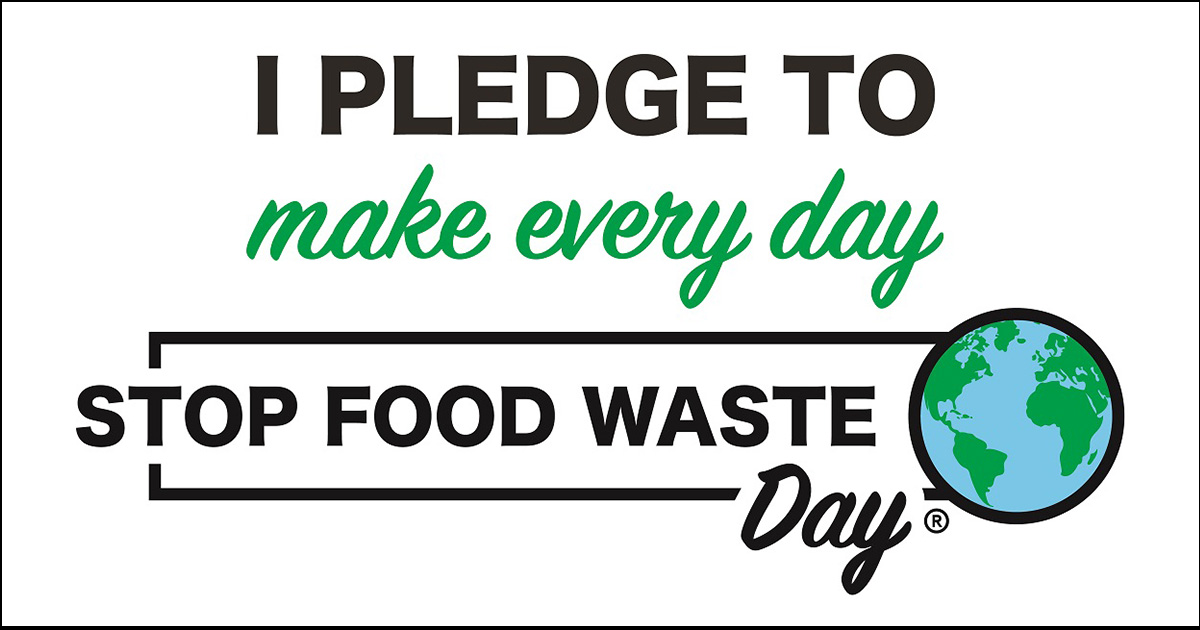Food Waste Intelligence
On May 12, Leanpath Co-Founder and CEO Andrew Shakman delivered the closing keynote address at the 2022 ReFED Food Waste Conference. "Unfortunately," he states, "the scale of our movement does not yet match the scale of the food waste problem." Reflecting on 18 year of driving food waste change, Andrew identifies the limiting beliefs that are holding us back--and how we overcome them. Watch the video above or read the following transcript. After this fantastic conference, everyone should be armed and ready to drive change. And I hope ...
Read More >>Topics:
Sustainability
After a lengthy Covid-related break, Leanpath was pleased to join numerous colleagues, partners and food system changemakers for the ReFED 2022 Food Waste Solutions Summit in Minneapolis last week. We would like to share our congratulations to the ReFED team for an expansive, exceptionally well-curated session that covered multiple sectors and themes (consumer change, climate, capital, DEIJ, health, innovation, etc.) while underscoring the need for urgent action to halve food waste in accordance with the 2030 United Nations’ goal. The...
Read More >>Topics:
Sustainability
Your kitchen is nearing the end of a busy service and it’s been a long day. Your culinary team is short staffed. Everybody is drained and looking forward to heading home. But there’s still food to be served, and breakdown and clean up still have to be done. There are many food waste critical control points within a kitchen: the end of service is one of the most important. What happens in this short span of time, when staff are often distracted, can have a large impact–positively or negatively–on your food waste prevention efforts. The...
Read More >>Topics:
Tips & Tricks
Six years ago, recognizing the need to drive increased focus on the global food waste challenge, Leanpath partner Compass Group launched an educational campaign designating the last Wednesday in April as Stop Food Waste Day. Coming just days after Earth Day–with this year’s theme of “Invest in our Planet”–the timing couldn’t be better, because reducing food waste is one of the single most effective levers that the world has to transform the food system. It also is key to accelerate progress toward the UN’s Sustainable Development Goal...
Read More >>Topics:
Food Waste News
Hello everyone and happy Earth Day. I'm Andrew Shakman, Co-Founder and CEO Andrew Shakman. I have one simple thought and request for you as we collectively reflect today on the changes needed to sustain our planet. My request: please don’t underestimate the importance of food waste. When Earth Day was founded 52 years ago, food waste prevention was not a central concern. But this year, the newest report from the UN’s Intergovernmental Panel on Climate Change references food waste 125 times. And there’s a reason for that.
Read More >>